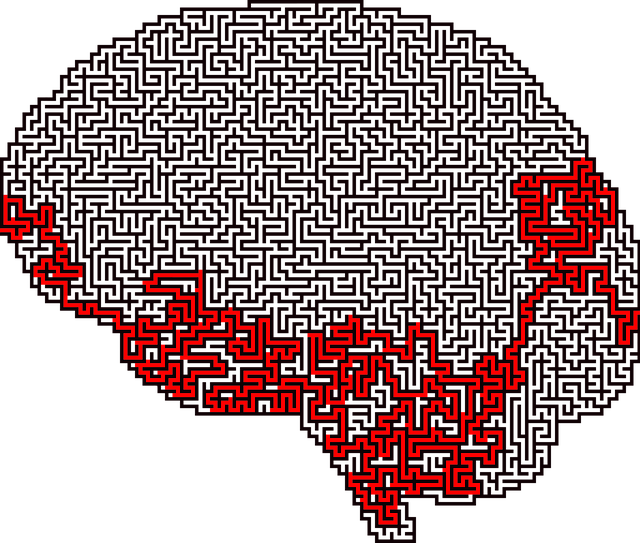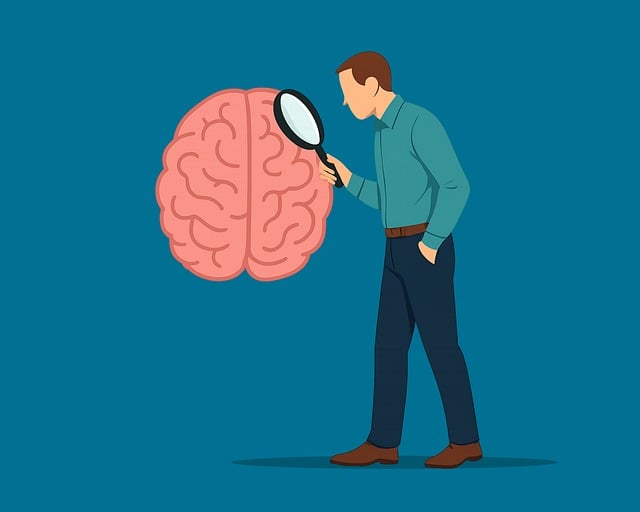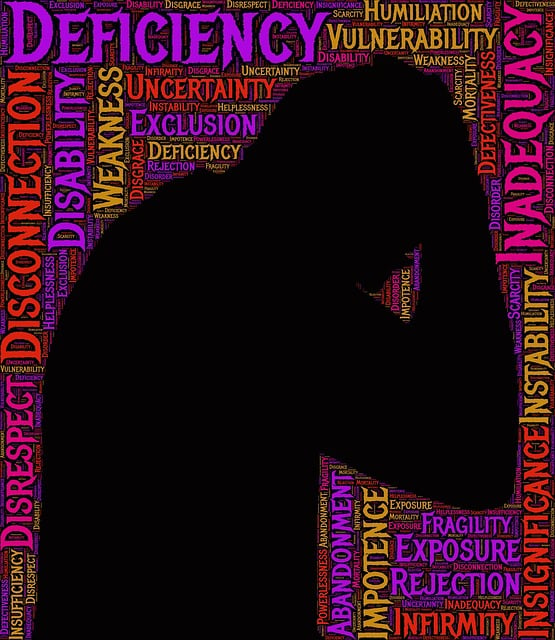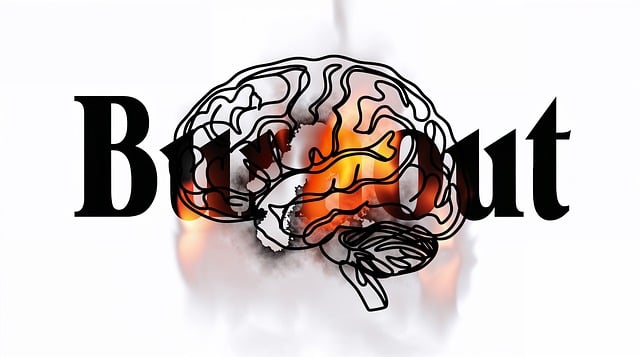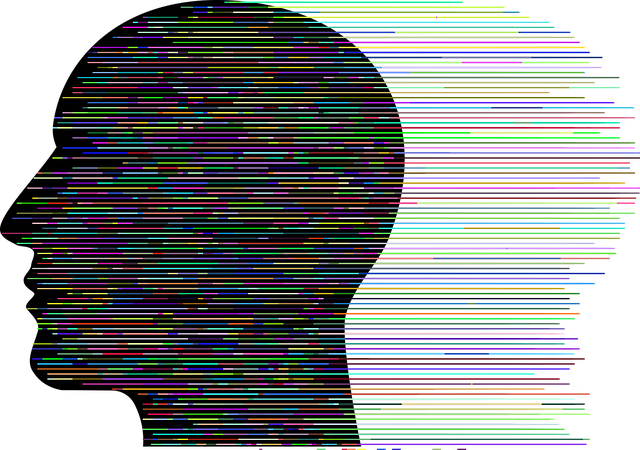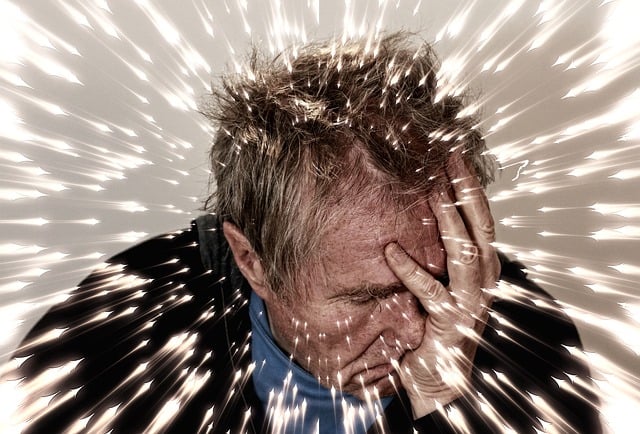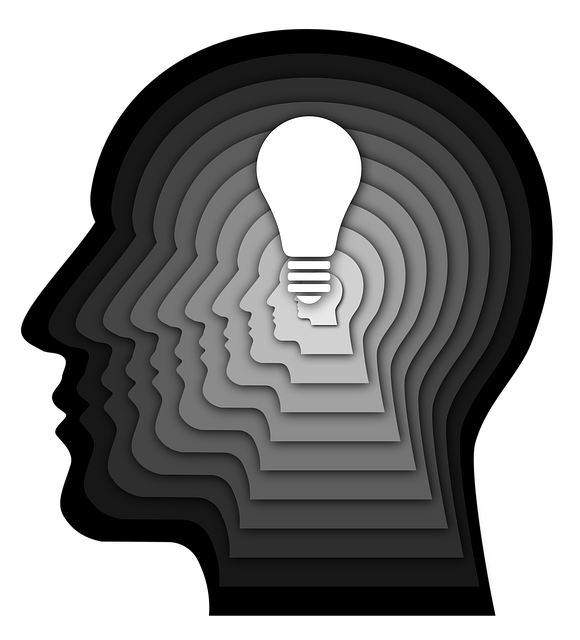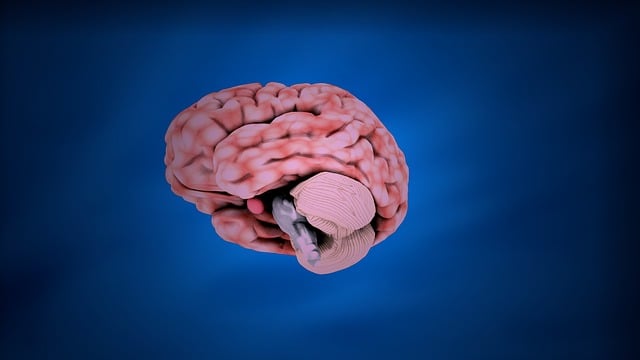Mental health therapy for elderly clients, especially addressing men's issues, presents unique challenges like cognitive decline, loneliness, and emotional suppression. Tailored interventions, risk management strategies, and resources like workshops and podcasts are crucial. Mental wellness coaching, self-care, and continuous education empower professionals to provide effective therapy for elders mens issues. Regular assessment, journaling exercises, and proactive strategies enhance client outcomes while mitigating risks for both elderly clients and mental health professionals.
In the realm of mental health care, effectively managing risks is paramount, especially when catering to elderly clients and men facing unique psychological challenges. This article delves into the intricate process of risk management planning, highlighting critical aspects such as understanding elderly therapy risks, identifying male-specific issues, and establishing comprehensive assessment protocols.
We explore strategies for mitigating common risks and emphasize the continuous monitoring required in mental health practice, particularly when addressing therapy for elders and men’s issues.
- Understanding the Unique Risks in Elderly Mental Health Therapy
- Identifying Men's Specific Psychological Challenges and Potential Hazards
- Establishing Comprehensive Risk Assessment Protocols
- Developing Effective Mitigation Strategies for Common Risks
- Continuous Monitoring, Review, and Adaptation in Mental Health Practice
Understanding the Unique Risks in Elderly Mental Health Therapy

Working with elderly clients presents distinct challenges within mental health therapy, as the complexities of aging and associated cognitive changes can significantly impact treatment dynamics. Therapists need to be adept at navigating issues such as memory loss, reduced mobility, and age-related sensory impairments, which may hinder traditional therapeutic practices. These unique circumstances demand tailored interventions and a deep understanding of the specific needs and limitations of elderly individuals.
Furthermore, mental health professionals must address the particular mens issues prevalent in older populations, including loneliness, depression, and cognitive decline. Many elders experience a sense of isolation due to social disconnection or the loss of loved ones, which can exacerbate existing mental health concerns. Effective risk management planning for this demographic involves not only adapting therapeutic techniques but also providing support systems that foster community engagement and meaningful interactions. Organizations like the Stress Management Workshops offer valuable resources, including confidence-boosting strategies and crisis intervention guidance, to help therapists empower their elderly clients and mitigate potential risks associated with their mental health journey.
Identifying Men's Specific Psychological Challenges and Potential Hazards

Men often face unique psychological challenges that can significantly impact their mental health and overall well-being. As therapy for elders and men’s issues gains more attention, it’s crucial to identify specific hazards they encounter. One prominent challenge is the societal expectation to suppress emotions, which can lead to a lack of coping skills development and an increased risk of unaddressed trauma. Men may struggle to express their feelings, leading to internalized pain that could manifest as substance abuse or other risky behaviors.
Another potential hazard is the pressure to conform to traditional gender roles, which can hinder open discussions about mental health concerns. This stigma often prevents men from seeking help, especially when it comes to discussing emotional struggles. In light of these challenges, mental wellness podcast series production can offer a safe space for men to learn about trauma support services and discover healthy coping mechanisms. By promoting awareness and providing accessible resources, professionals can encourage early intervention and better support for men’s mental health.
Establishing Comprehensive Risk Assessment Protocols

Mental health professionals play a vital role in addressing the unique challenges faced by older adults, especially regarding men’s mental health issues. Establishing comprehensive risk assessment protocols is an essential step in ensuring effective therapy and treatment planning. By implementing structured protocols, therapists can systematically evaluate clients’ psychological, social, and environmental factors contributing to their mental wellness or potential risks.
This process involves tailoring assessments to individual needs, considering age-related changes and specific men’s issues like stress management and empathy building strategies. Incorporating regular Mental Wellness Journaling Exercises can be a powerful tool within these protocols. Such exercises encourage reflection, self-awareness, and the identification of triggers or stressful events, fostering proactive mental health management for elders.
Developing Effective Mitigation Strategies for Common Risks

Mental health professionals encounter a multitude of risks daily, from managing complex client cases to dealing with personal and work-related stressors. Developing effective mitigation strategies is paramount to ensure both professional resilience and client well-being. One common risk area involves therapy for elders and men addressing mens issues, which often necessitate specialized care. Professionals can mitigate these risks through tailored interventions like mental wellness coaching programs that foster positive thinking and boost confidence.
These strategies should encompass proactive measures such as regular self-care practices, peer support networks, and continuing education to stay abreast of the latest research and techniques in elder therapy and mens mental health. By integrating these into their workflow, professionals can anticipate and address emerging risks effectively. This proactive approach not only enhances professional satisfaction but also significantly contributes to positive client outcomes.
Continuous Monitoring, Review, and Adaptation in Mental Health Practice

In the dynamic field of mental health care, continuous monitoring, review, and adaptation are essential practices to ensure effective therapy for elders and men facing various issues. Mental wellness coaching programs and self-care practices play a pivotal role in this process by enabling professionals to stay updated with the latest research and techniques. By regularly reviewing treatment plans and adapting them based on client progress and emerging trends, therapists can offer tailored support that addresses evolving mental health needs.
This proactive approach not only enhances the quality of care but also fosters positive thinking among clients. Regular monitoring allows for early detection of potential risks or setbacks, enabling prompt intervention. Thus, continuous improvement in practice becomes a cornerstone of successful therapy, ensuring that both elders and men receiving services benefit from up-to-date and effective mental health solutions tailored to their unique needs.
Mental health professionals must tailor their risk management strategies to address the distinct challenges faced by both elderly clients and men. By understanding the unique risks in elderley mental health therapy, identifying specific psychological issues in men, establishing robust assessment protocols, and implementing effective mitigation tactics, practitioners can create a safe environment. Continuous monitoring, regular review, and adaptive practices are essential to navigate the evolving landscape of mental health care, ensuring optimal support for elderly clients and addressing men’s specific needs in therapy. This comprehensive approach enhances patient outcomes and fosters a more inclusive and effective mental health service for these vulnerable populations, especially in addressing issues relevant to men.
